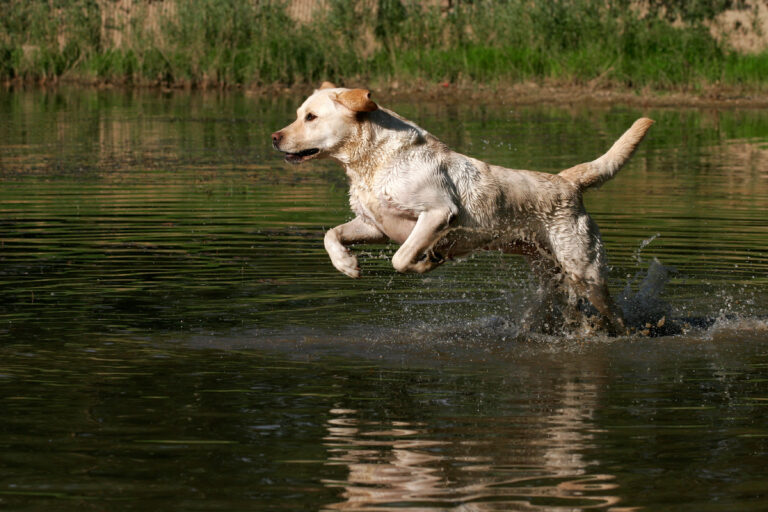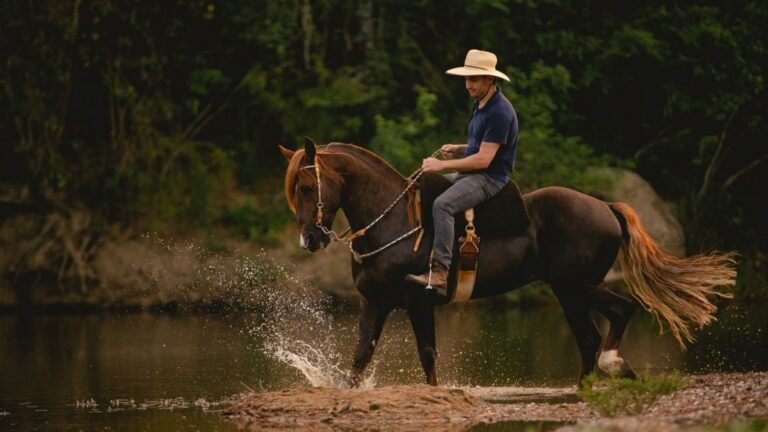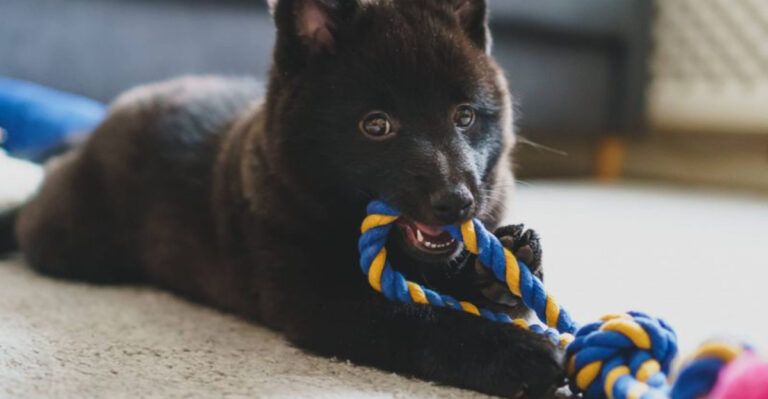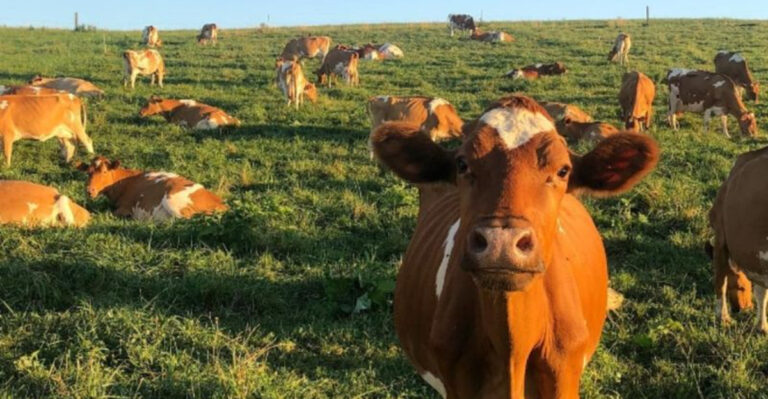Why Veterans With PTSD Are Turning To Dogs For Hope And Healing
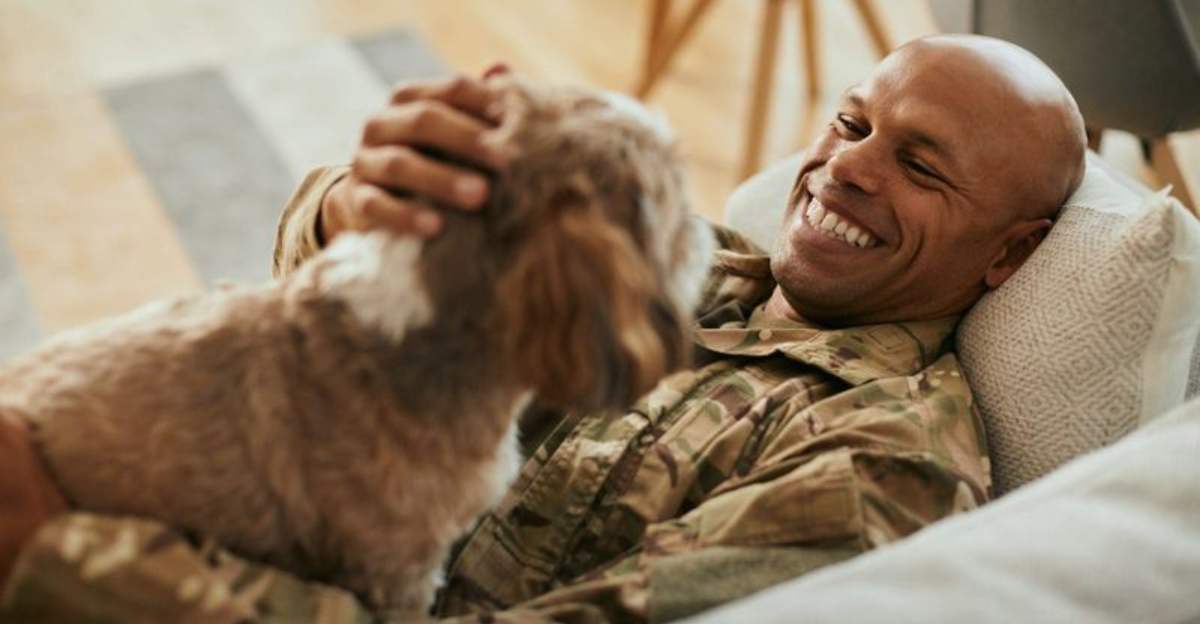
Life can sometimes feel like a never-ending roller coaster, especially for veterans dealing with PTSD. But imagine having a sidekick who’s always there to bring a smile to your face and help you navigate the ups and downs.
That’s exactly what dogs are doing for many veterans, offering a unique form of companionship and therapy that words often fail to describe.
Join us as we explore 14 reasons why these four-legged friends are becoming essential partners in the journey towards hope and healing for our veterans.
1. Emotional Support
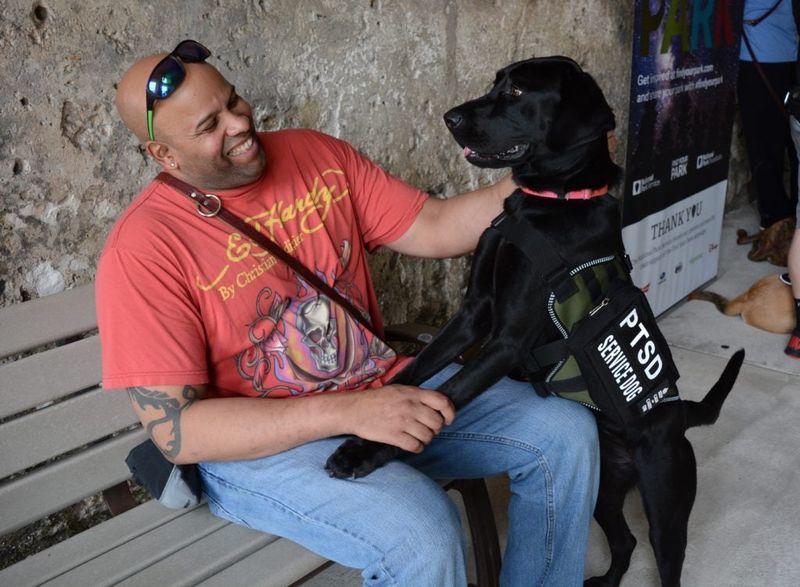
Ever notice how a wagging tail can instantly lift your spirits? Dogs provide unconditional love that helps veterans manage PTSD symptoms. Their intuitive nature allows them to sense when their human is stressed, offering comfort without needing a single word.
2. Companionship
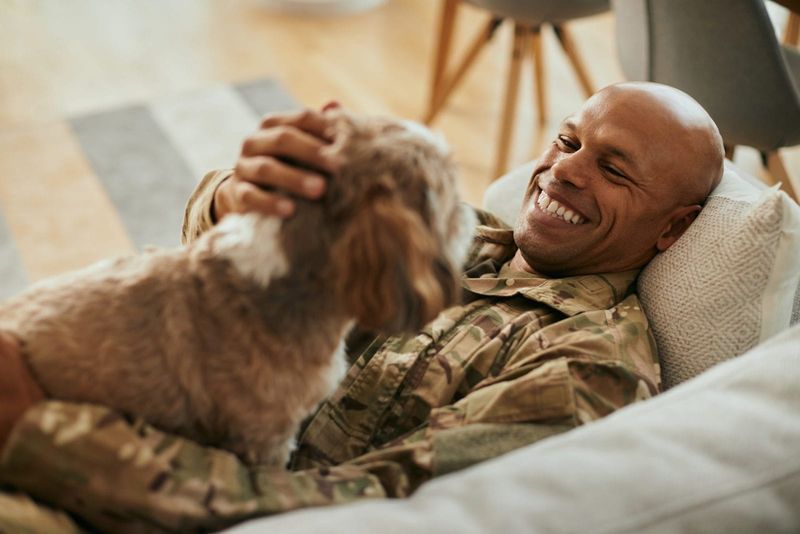
Imagine having a buddy who’s always up for adventure or simply lounging around. Dogs offer an unwavering presence, making veterans feel less isolated. Their company helps break the cycle of loneliness that many veterans experience, creating a bond that goes beyond words.
3. Service Tasks
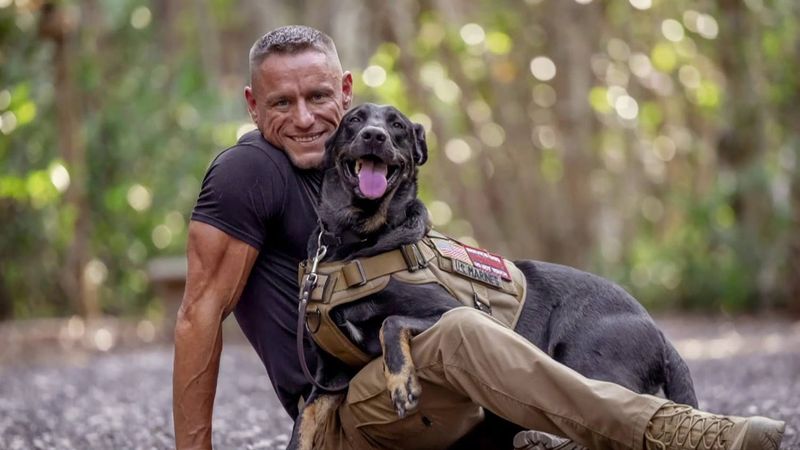
Ever seen a dog fetch more than just a stick? Service dogs assist veterans with daily tasks, making life much easier. From retrieving medication to opening doors, these clever canines bring independence back into the veteran’s life.
4. Stress Reduction
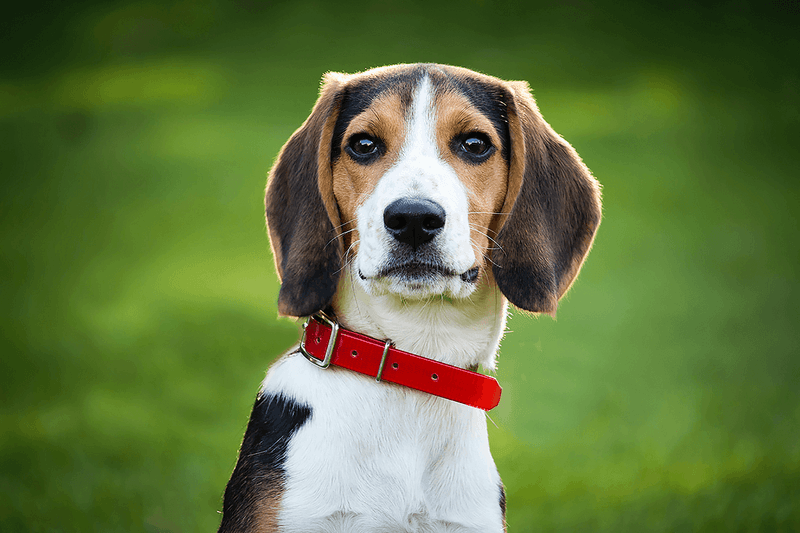
Ever notice how a simple nuzzle can melt away stress? Dogs have a calming effect that lowers anxiety levels. Their playful antics and gentle presence provide a natural stress-relief mechanism, akin to therapy, but way more fun!
5. Physical Activity
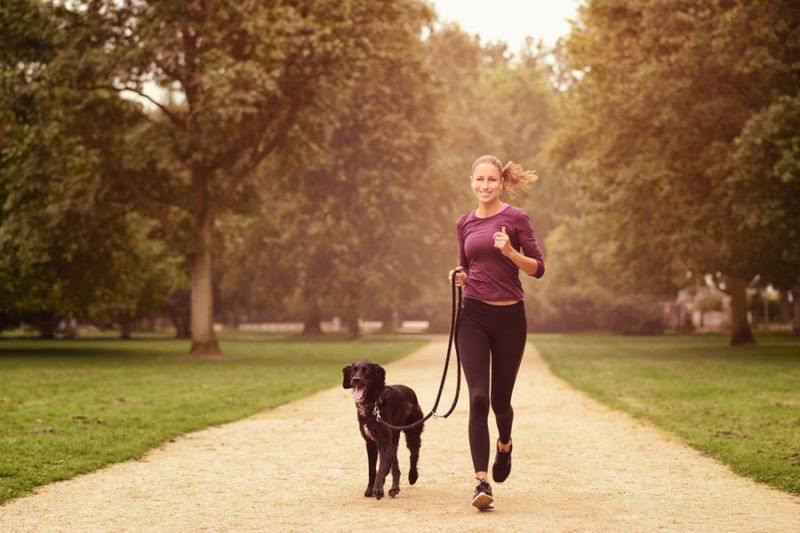
Think of dogs as personal trainers with fur. They get veterans moving, promoting physical fitness. Regular walks and playtime offer routine and structure, which are beneficial for both mental and physical health.
6. Routine And Structure
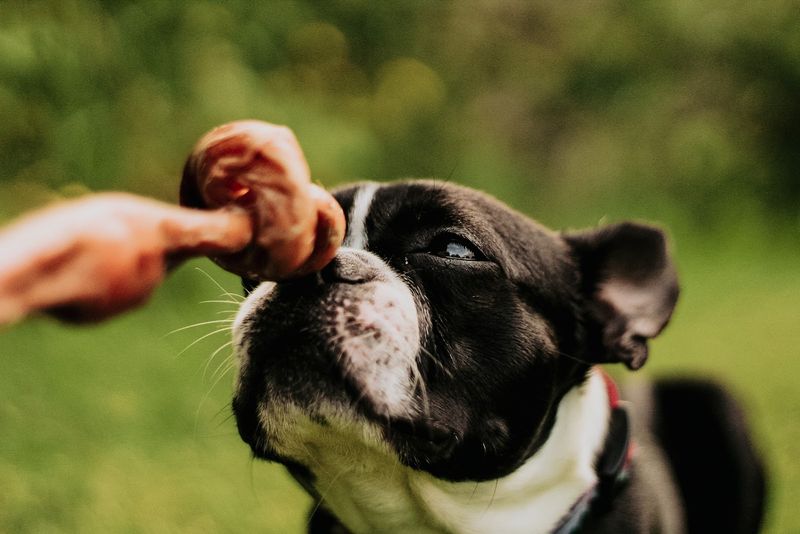
Dogs thrive on routine, and this need provides veterans with a structured daily schedule. Feeding, walking, and grooming create a rhythm that helps veterans regain a sense of normalcy, offering stability amidst chaos.
7. Social Interaction
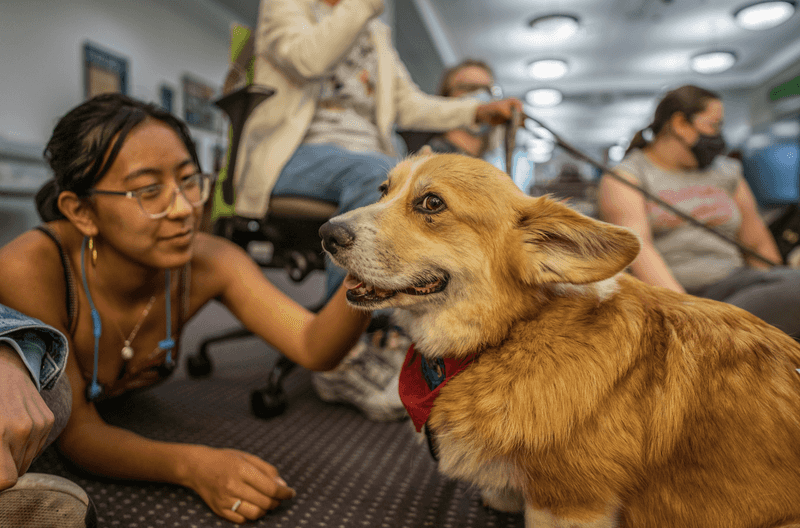
Ever notice how dogs are conversation starters? They help veterans open up socially. Whether it’s a chat at the dog park or a friendly wave to a neighbor, dogs facilitate interactions that make veterans feel part of a community.
8. Nonjudgmental Love
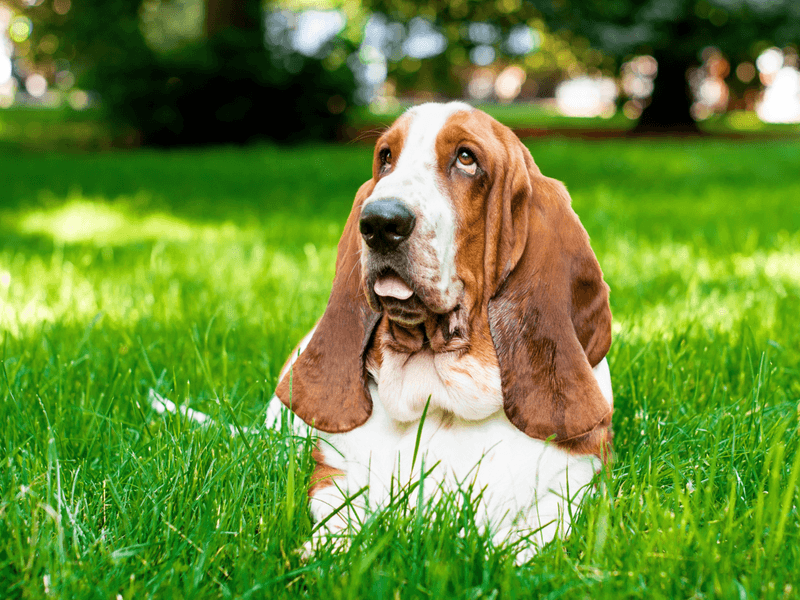
Dogs don’t care about past mistakes or struggles; they love unconditionally. This acceptance provides veterans with a safe space to heal and grow. With their furry friend by their side, veterans feel understood and valued for who they are.
9. Anxiety Relief
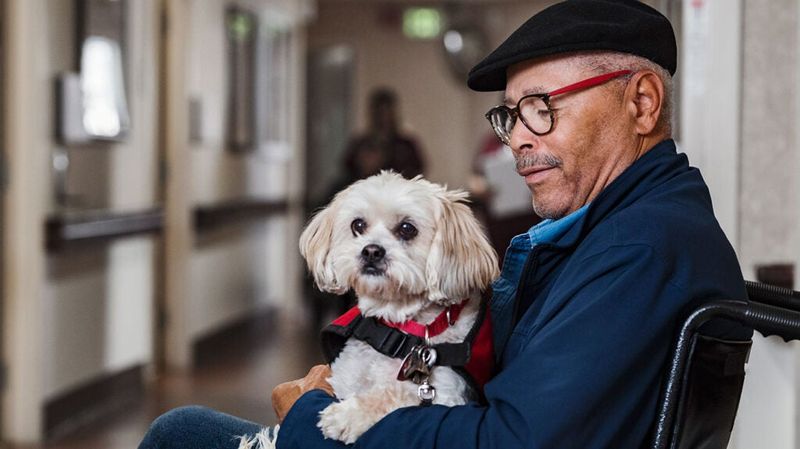
Feeling anxious? Petting a dog can work wonders. Their soothing presence and rhythmic breathing can help veterans center themselves, reducing anxiety. It’s like having a meditation buddy who never judges your messy hair days.
10. Improved Sleep
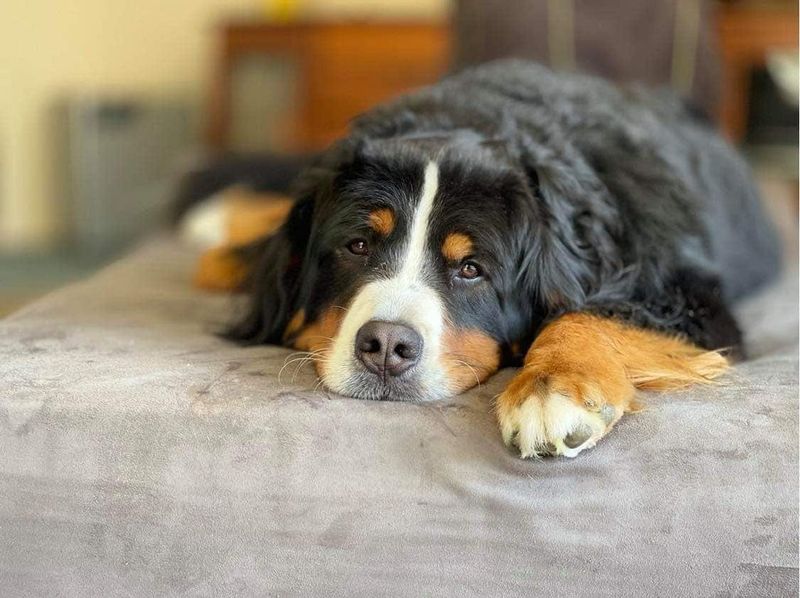
Ever snuggled up to a warm, fluffy friend? Dogs can help veterans achieve better sleep patterns. Their reassuring presence in the night offers comfort, allowing veterans to rest easier and wake up refreshed.
11. Sense Of Purpose
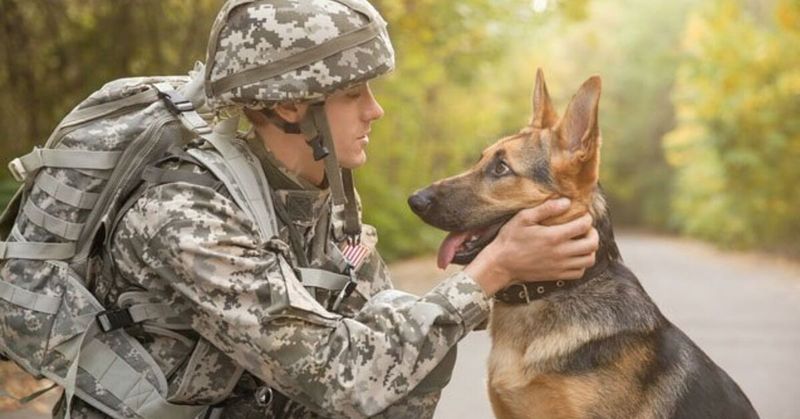
Caring for a dog gives veterans a renewed sense of purpose. Responsibilities like feeding and walking provide a reason to get up in the morning, fostering a sense of accomplishment and worth.
12. Emotional Expression
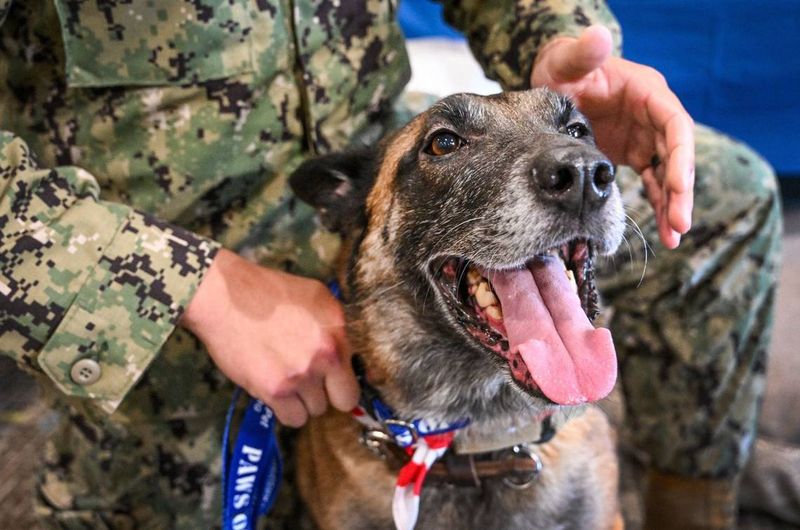
Dogs encourage emotional expression, acting as confidants for veterans. Their attentive ears and warm presence make it easier for veterans to open up and process their emotions, promoting emotional healing.
13. Security And Safety
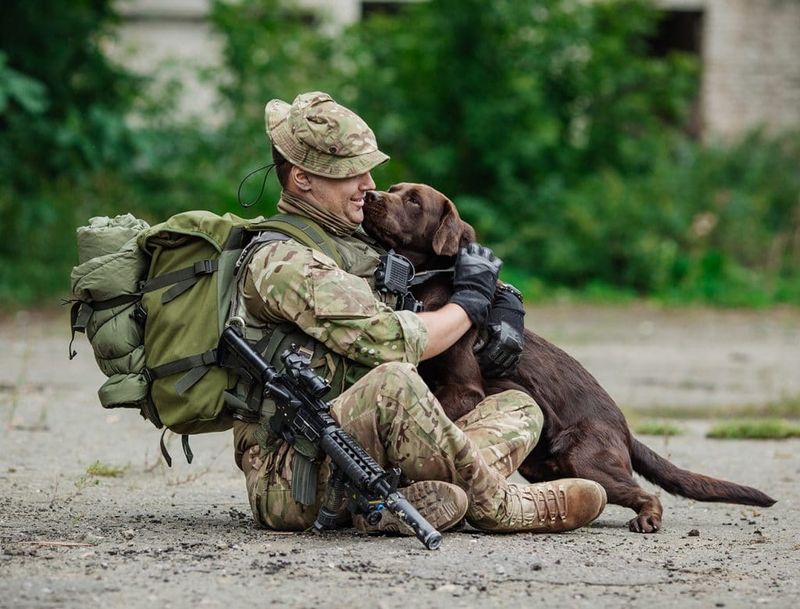
Ever felt safer with a watchful eye nearby? Dogs provide a sense of security that helps veterans relax in their environment. Their protective nature ensures that veterans feel safe both at home and outside.
14. Joy And Laughter
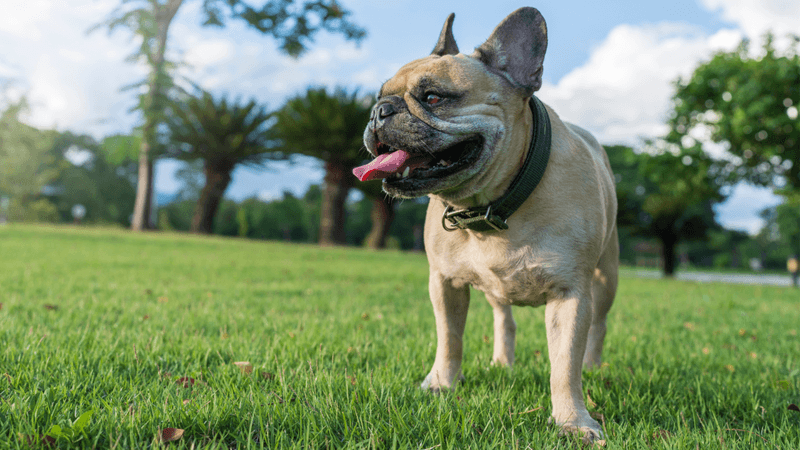
Dogs bring joy and laughter into veterans’ lives. Their antics and playful nature remind veterans to enjoy life’s simple pleasures, lifting their spirits and making each day a little brighter.

